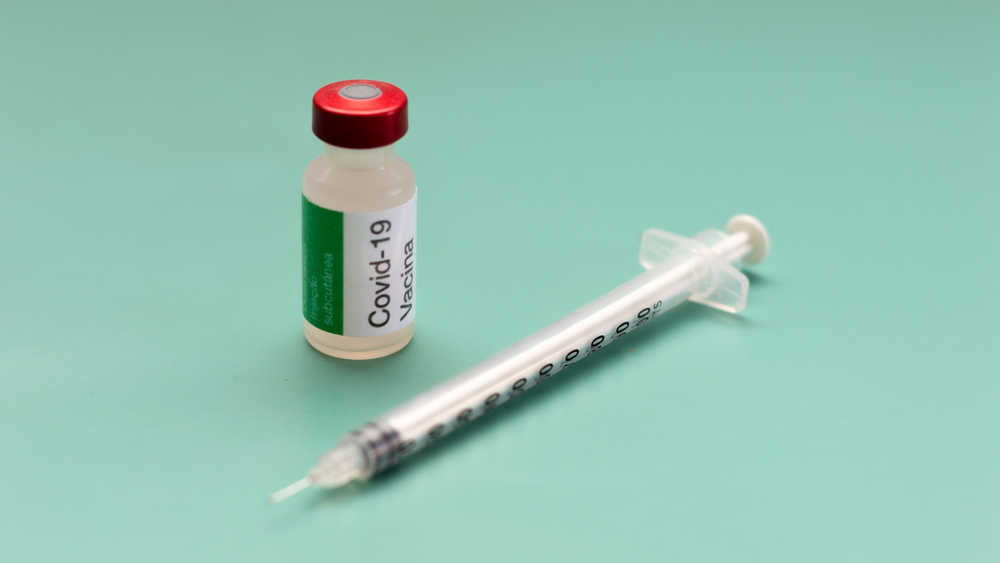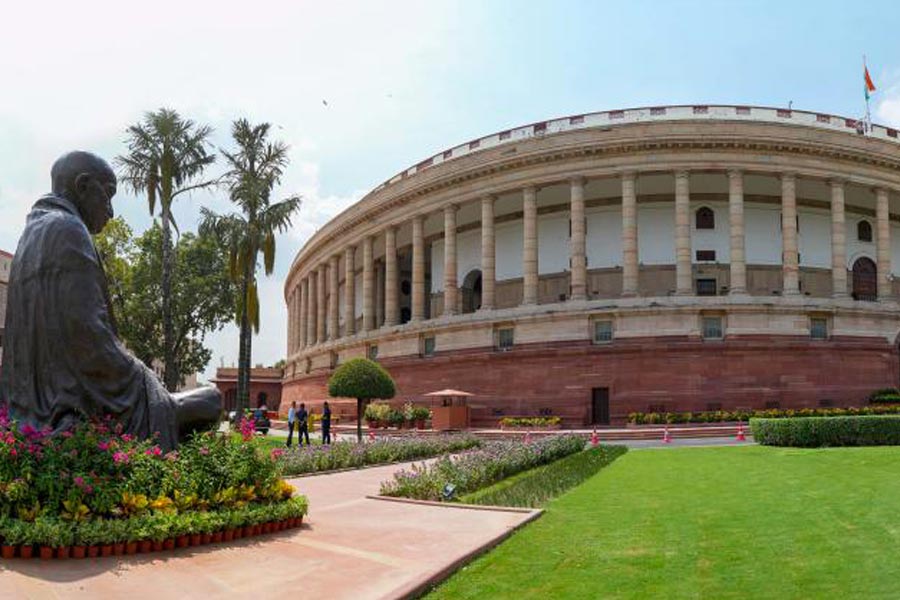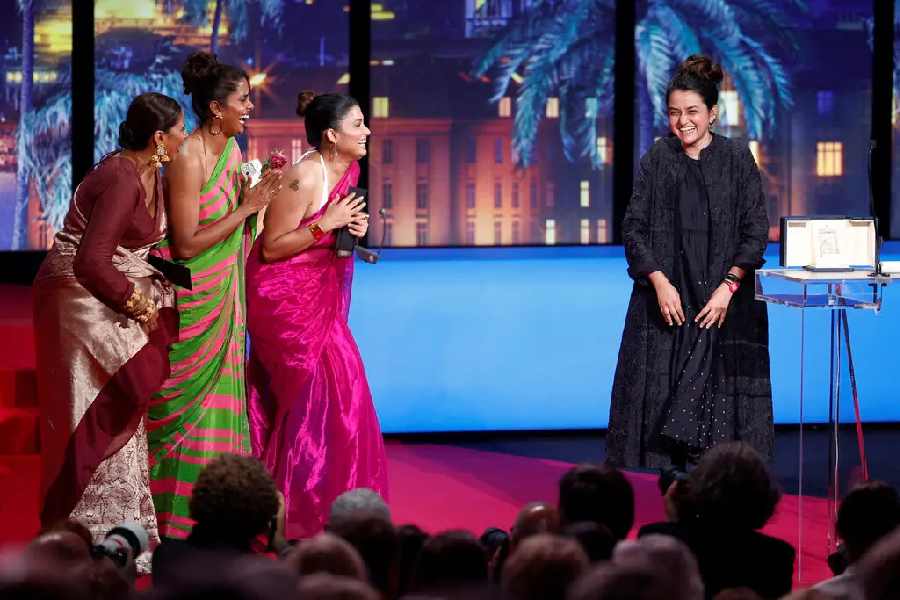China’s top disease control official has said the country’s coronavirus vaccines’ effectiveness is low and the government is considering mixing them to give them a boost, in a rare admission of weakness.
Chinese vaccines “don’t have very high protection rates,” said the director of the China Centres for Disease Control, Gao Fu, at a conference on Saturday in the southwestern city of Chengdu.
Beijing has distributed hundreds of millions of doses in other countries while also trying to promote doubt about the effectiveness of western vaccines. “It’s now under formal consideration whether we should use different vaccines from different technical lines for the immunisation process,” Gao said.
The effectiveness rate of a coronavirus vaccine from Sinovac, a Chinese developer, at preventing symptomatic infections has been found to be as low as 50.4 per cent by researchers in Brazil. By comparison, the vaccine made by Pfizer has been found to be 97 per cent effective.
Beijing has yet to approve any foreign vaccines for use in China, where the coronavirus emerged in late 2019.
Gao gave no details of possible changes in strategy but mentioned mRNA, a previously experimental technique used by western vaccine developers while China’s drug makers used traditional technology.
“Everyone should consider the benefits mRNA vaccines can bring for humanity,” Gao said. “We must follow it carefully and not ignore it just because we already have several types of vaccines already.”
Gao had previously raised questions about the safety of mRNA vaccines. He was quoted by the official Xinhua News Agency as saying in December that he couldn’t rule out negative side effects because they were being used for the first time on healthy people.
Chinese state media and popular health and science blogs also have questioned the safety and effectiveness of the Pfizer vaccine, which uses mRNA.
As of April 2, some 34 million people have received both of the two doses required by Chinese vaccines and about 65 million received one, according to Gao.
Experts say mixing vaccines, or sequential immunisation, might boost effectiveness rates. Trials around the world are looking at mixing of vaccines or giving a booster shot after a longer time period. Researchers in Britain are studying a possible combination of Pfizer and AstraZeneca vaccines.











